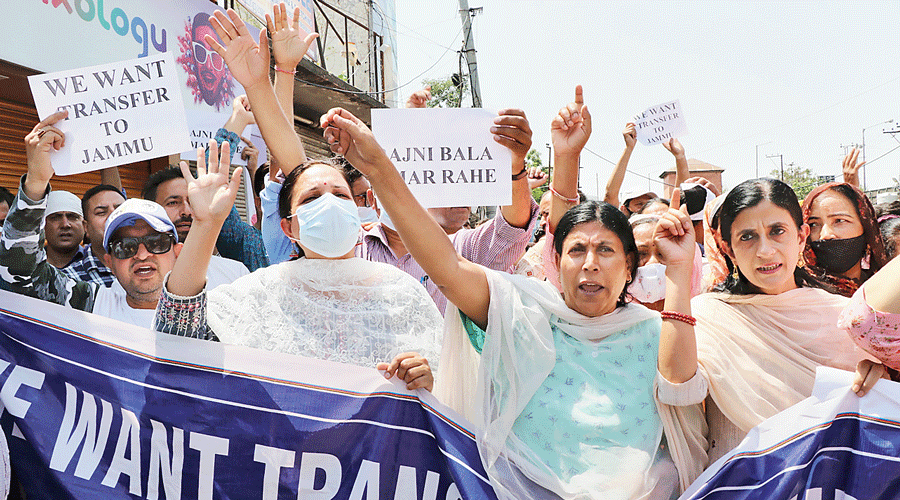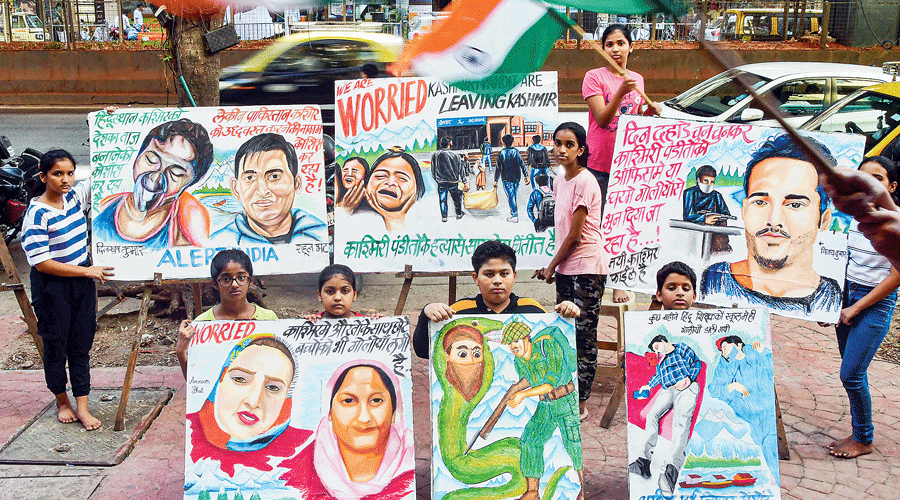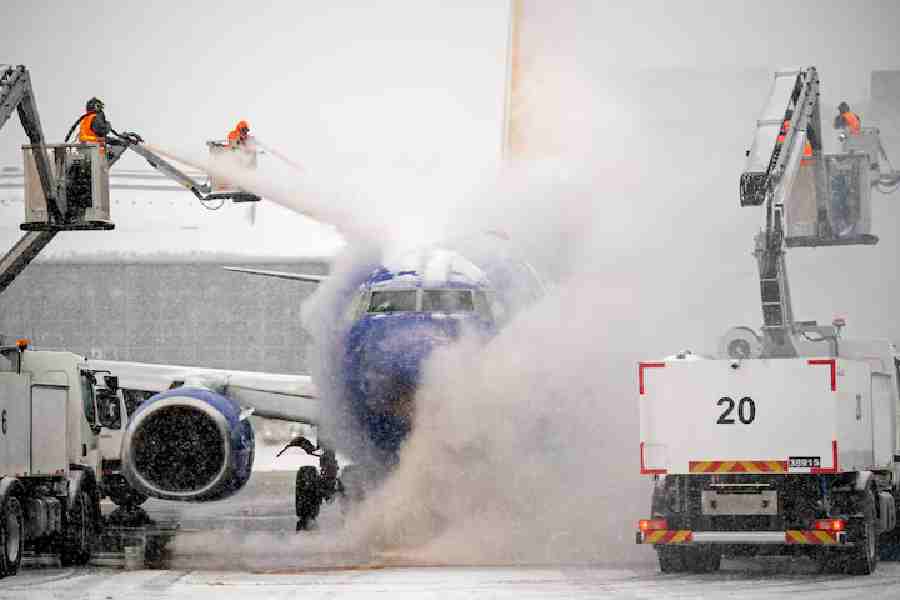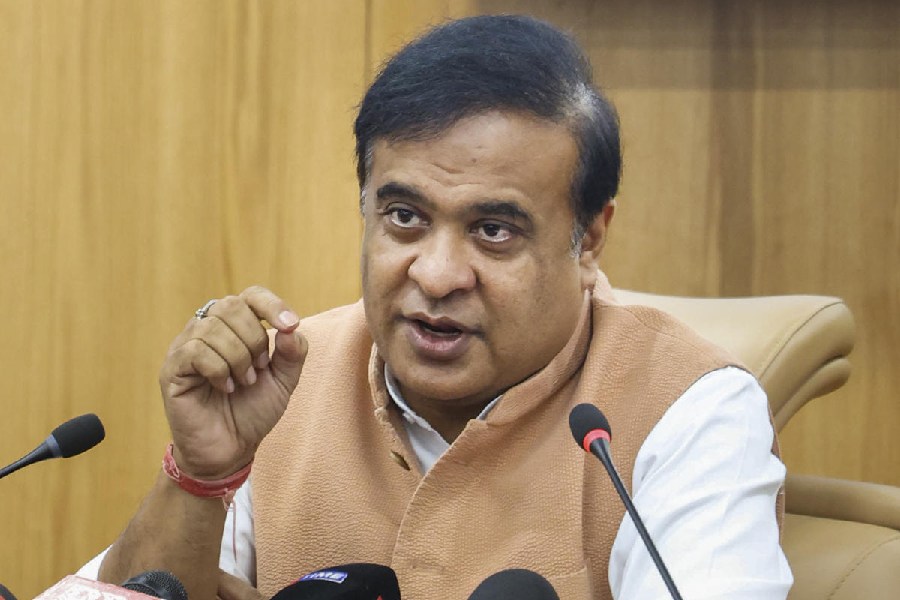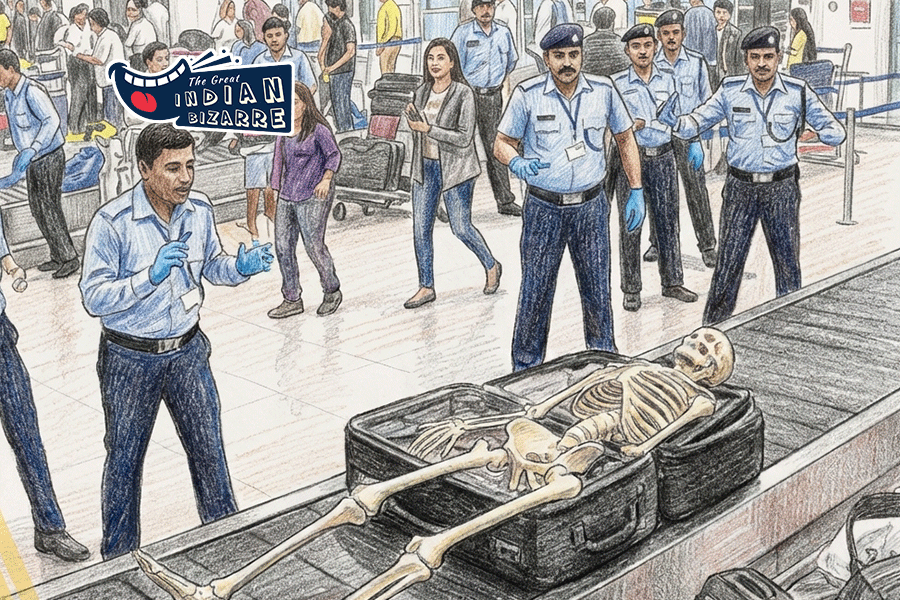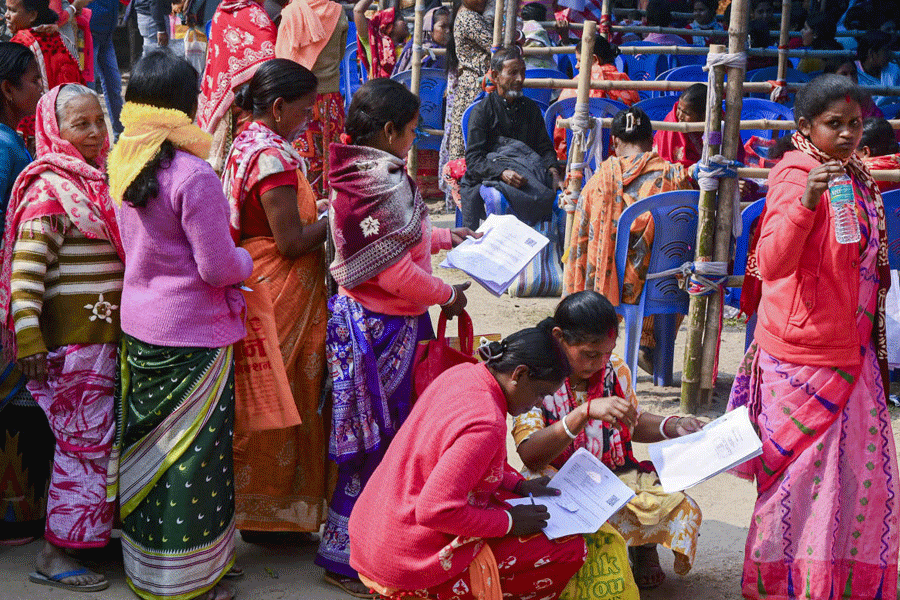Massive protests by Dalit government employees in Jammu have not just emerged as a new headache for the Centre, struggling to prevent a Pandit exodus from Kashmir, but also highlighted aspects of Scheduled Caste victimhood in the region that have been overshadowed by the higher-caste Pandits’ plight.
One, like the fleeing Pandits, hundreds of Dalit employees too have fled the Valley in recent days for fear of the militants.
Two, whereas the Pandits were persuaded to go to Kashmir with a resettlement package, the Dalits were forced to accept routine postings in the Valley because of a skewed reservation policy that artificially shifted a chunk of their job quota from Jammu to Kashmir, benefiting Jammu’s caste Hindus.
Over the past few days, the Dalit employees who have fled Kashmir with their families have been demonstrating on Jammu’s streets, demanding transfers to their home districts.
The Dalit employees had left Kashmir following Tuesday’s killing of teacher Rajni Bala by militants at her school in Kulgam. Dalit leaders in Jammu say she was the first Scheduled Caste victim of a targeted militant attack in the Valley in a long time.
R.K. Kalsotra, Jammu-based president of an all-India federation of SCs, STs and OBCs, explained how a 15-year-old reservation policy in Jammu and Kashmir hurt the Dalits.
Jammu and Kashmir has about 10 lakh Scheduled Caste people — around eight per cent of the population — all belonging to Jammu, the 2011 census confirmed.
Under a 2007 law, the Scheduled Castes enjoy a uniform eight per cent reservation in all the 20 districts of Jammu and Kashmir, irrespective of the individual districts’ share of the Dalit population.
These include the 10 Valley districts and some Muslim-majority districts of Jammu that have minuscule Dalit populations.
Being forced to accept jobs reserved in these districts has put migrant Dalit employees in the direct line of fire from the militants.
Kalsotra said Jammu’s MLAs had in 2007 — in what he called a conspiracy — got the reservation bill passed in the Assembly.
“We objected at the time but nobody listened. Muslims in Kashmir, where there are no Scheduled Castes, showed a big heart and accepted us,” Kalsotra told The Telegraph.
“That is why today you have 2,000 to 3,000 SC employees from Jammu working in Kashmir. They have been working in the Valley for the past 15 years and this is the first time somebody (among them) was killed.”
He added: “But in the eyes of the government, they (migrant Dalit employees in Kashmir) have no worth. They have to live in rented accommodation and there are no transit colonies (like the Pandits’) for them. They are usually posted in far-flung areas, as was the case with Rajni Bala Ji.”
The reservation policy benefits Jammu’s caste Hindus, especially those in the BJP heartland of Jammu, Udhampur, Kathua and Samba districts, where 25 per cent of the population is Dalit but the reservation for them is eight per cent.
Kalsotra said that despite the eight per cent reservation, Dalits make up only 17,000 -- a little over three per cent – among the five lakh government employees in Jammu and Kashmir. This is mainly because of the large proportion of reserved posts in Kashmir, which mostly stay vacant.
The Dalit employees agitating in Jammu, under the banner of the All Jammu-based Reserved Category Employees Association, said they should all be transferred to their home districts in Jammu from the Valley.
“The situation is getting worse there (in Kashmir) and there is fear that if we go back we would be killed. We are really very scared,” a woman teacher told reporters.
“We urge the government to devise a transfer policy so that we are transferred (to our home districts). We would prefer dying here to going back.”
Hundreds of Pandit employees and their families too have fled Kashmir amid allegations that the Valley administration has barricaded Pandit colonies – some with electric fencing – to avert an exodus.
Pandit employees have been protesting on Kashmir’s streets almost daily for the past three weeks, pressing for relocation to Jammu.
The government, which is against any relocation to Jammu, on Saturday said it had transferred 177 migrant employees to safer places within the Valley.
Kashmir has witnessed nine targeted civilian killings since early May — those of a Pandit government employee, four non-Kashmiri Hindus and four Muslims.

